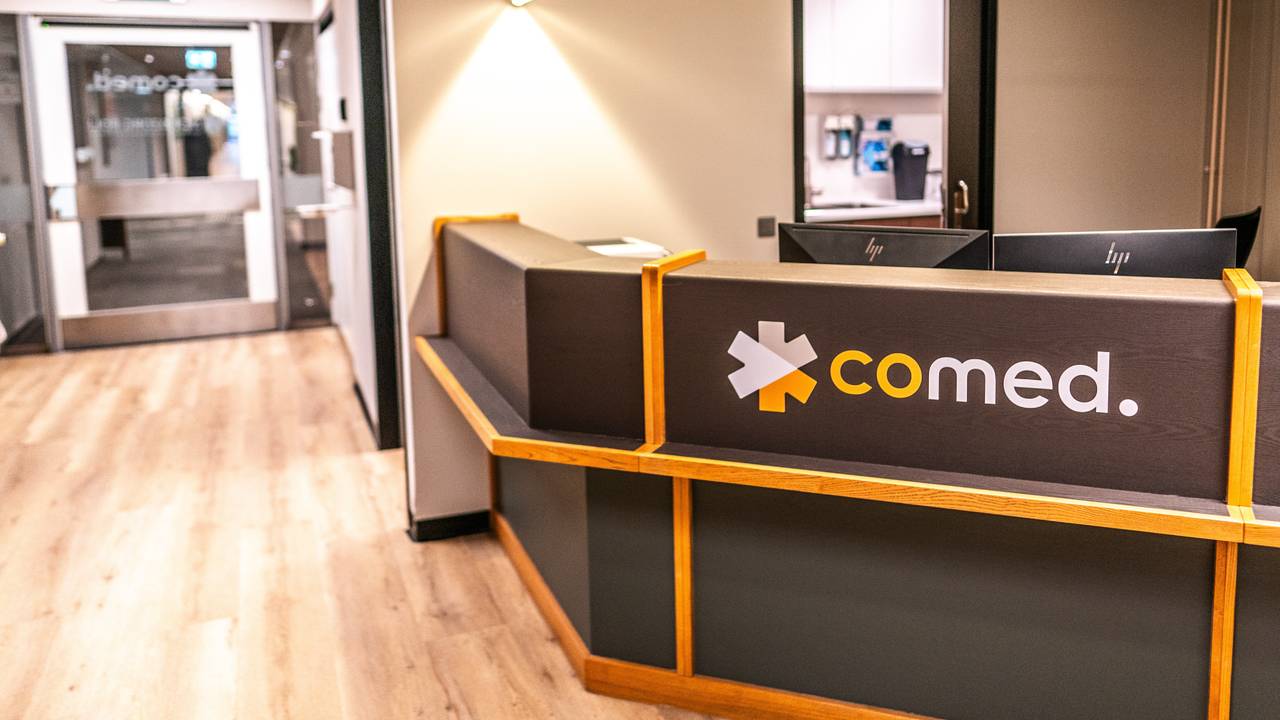GP trading chain Co-Med Zorg bv will file for bankruptcy next week. There is no other option now that the health insurance companies have refused to cooperate with an alternative plan to dissolve the company.
Lawyer Georg van Zijl confirmed this to Limburg radio L1. According to him, the company, whose head office is in Maastricht, was “pushed over the edge” by health insurance companies within a week. Since Co-Med closed its doors, thousands of Brabanders have been without a GP.
responsible
Co-Med says the rapid succession of actions by health insurers came as a surprise and that they acted carelessly. It has therefore held health insurers financially responsible.
If bankruptcy is declared, it is primarily up to the company secretary to assess whether the company's claim for damages has been upheld. In addition, shareholders have indicated that they will hold health insurance companies liable. They do not depend on the coordinator.
“administrative disorder”
Co-Med has proposed to the health insurers that they transfer their ten practices across the country, all outside Limburg, to existing general practitioners. During this process, the health insurers will have to continue making regular payments to the company. The health insurers, led by CZ, have rejected this approach.
“The management turmoil within Co-Med gives no reason to assume that the company will be carefully liquidated. The health insurers also don’t see how things should be done financially,” was the response from the health insurers’ lawyer. He describes self-insolvency as the “best way” to resolve the impasse.
Dozens of complaints
In the past two years, the Health and Young People's Inspectorate (IGJ) has received dozens of complaints about Co-Med's general practices. The inspectorate placed Maastricht under increased supervision in February this year, because access and availability of quality care are inadequate in a number of practices.
“This leads to significant risks to patient safety during training hours,” the inspectorate said. Co-Med acknowledges there are problems, but describes it as “no malpractice” and points out that health care overall is under pressure. Co-Med says it is clear that different criteria are being used.
Health insurance companies intervene
Health insurers intervened last week by announcing that the GP chain was in default. “It's largely incomprehensible to Co-Med,” attorney Van Zijl said. “Without proper consultation, and without adequate and timely warning, the measures taken were also widely publicised. It is clear that the end justifies the means.” Recently arrived lawyer Van Zijl believes that the actions of the health insurance companies will not hold up in court, which the other party in turn objects to.
Co-Med's business model was based on economies of scale. By managing practices centrally, supporting matters, such as personnel policy, administration, digitalization and material purchasing, can be organized at a lower cost. The GP then had more time to focus on care, or so the logic went. Co-Med lives on fixed reimbursements from health insurance companies per enrolled patient and reimbursements per consultation. Economies of scale also generated income for Co-Med itself.
Improvement measures
Health insurance companies asked for improvements last week. They were not satisfied with Co-Med's answers, so payments were suspended a few days later.
A few days later, the insurance companies permanently stopped cooperating and patients received advice on where they could get (temporary) GP care elsewhere. Within a week, Co-Med's clinics were filled with discharged patients, leading to the company's demise.
Problem files
Transferring patients to other GPs now causes major problems. The inspection issued an order to Co-Med on Friday to hand over patient files. This is a very extreme measure.
Lawyer Van Zijl says health insurers have caused “chaos” by publicly announcing the suspension of payments. After that, a large portion of the employees reported being sick and people left. Due to the lack of capacity, according to Van Zijl, Co-Med “can no longer even ensure timely and appropriate transfer of patient files.” It should become clear next week whether the Inspectorate has additional resources to enable the transfer of digital files.
unacceptable
Co-Med says it employs about 130 people, both permanent and self-employed as general practitioners or practice assistants. Permanent employees will lose their jobs in the event of bankruptcy, and self-employed workers will try to collect overdue payments through the treasurer.
Learn the lessons
Outgoing Minister Pia Dijkstra (Medical Care) sent an extensive letter to the House of Representatives about Co-Med on Friday. “I think it is very important to evaluate this and learn from it,” the minister wrote. “The important part is the question of whether the supervisory tools are effective enough when patient safety is at stake.”
Unlike a number of parties in the House of Representatives, Minister D66 is not in principle opposed to more commercial management of general practice. Dijkstra: “There is no prohibition on profit-sharing in GP care. In some cases, this is also how wages are paid.” However, GPs will have to be more publicly accountable in future, including for what they do with their profits.
On the performance of health care at Co-Med, the Minister wrote: “I find it deeply regrettable that care at a number of Co-Med sites appears to be structurally inadequate.”
Co-Med was founded in 2019 by three Limburgers. Only Guy Vroomen is still active in the company as a managing partner, the others are only co-shareholders (Guy Schulpen and Caro van Uden). Later, a German investor joined as a co-shareholder. In May, the owners injected an additional half a million working capital into the company. Co-Med Zorg bv made a profit of around two million euros in the last financial year.

Avid music fanatic. Communicator. Social media expert. Award-winning bacon scholar. Alcohol fan.

